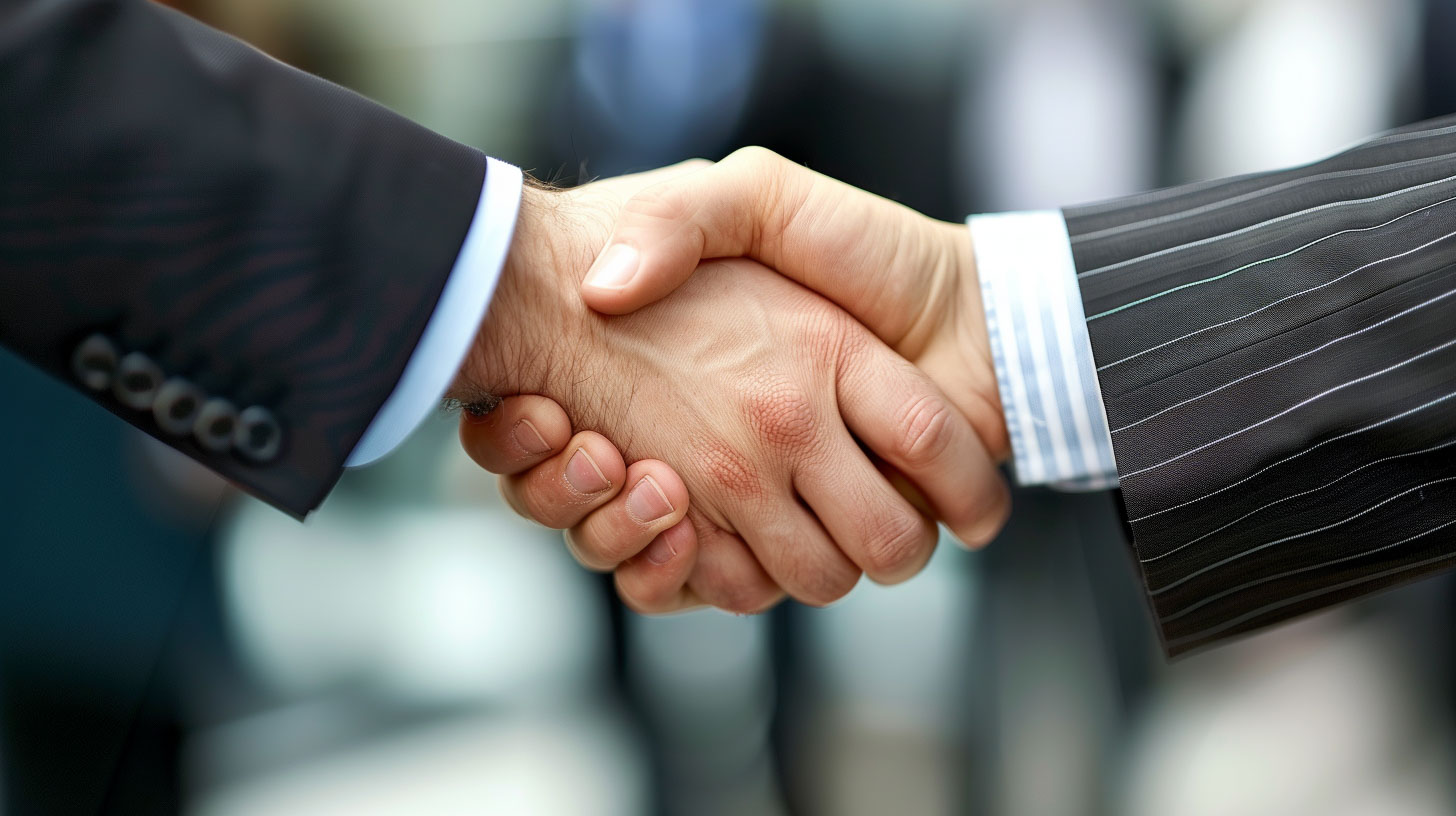Madagascar, an island nation located in the Indian Ocean off the southeastern coast of Africa, is renowned for its unique biodiversity and rich cultural heritage. However, like many developing nations, Madagascar faces significant challenges in advancing human rights protections.
Progress in Human Rights Protections
Over the past few decades, Madagascar has made some strides toward improving human rights protections. The country’s Constitution, adopted in 2010, affirms the principles of democracy, rule of law, and human rights. It provides basic rights such as freedom of speech, assembly, religion, and a commitment to gender equality.
Due in part to international influence and support, Madagascar has taken steps to address child labor, particularly in sectors such as agriculture and mining. The government has partnered with various international organizations to develop action plans aimed at reducing child labor and improving educational access for all children.
Furthermore, the establishment of the National Human Rights Commission in 1996 was a significant institutional stride toward monitoring and advocating for human rights. While the commission continues to face challenges in capacity and resource availability, its existence is a testament to the country’s commitment to improve its human rights landscape.
Pitfalls and Challenges
Despite these notable efforts, several human rights issues persist in Madagascar. The country struggles with widespread poverty, which is both a cause and a consequence of ongoing human rights challenges. Around 75% of the population live below the national poverty line, which exacerbates issues such as limited access to education, healthcare, and clean water.
Corruption and political instability further hinder human rights advancements. Frequent political turmoil, including military coups and contested elections, has often led to the erosion of democratic institutions and legal frameworks intended to protect human rights.
Additionally, Madagascar faces significant challenges in addressing other critical human rights issues such as gender-based violence and discrimination. Women and girls, in particular, are often at risk of violence and have limited access to justice and economic opportunities. While laws exist to protect women and promote gender equality, implementation remains weak.
The Role of Business and Economic Development
Madagascar’s economy is largely dependent on agriculture, with an emerging sector in mining. The country is one of the world’s largest producers of vanilla, and its mining industry is rich in minerals such as nickel, cobalt, and ilmenite. Furthermore, Madagascar holds potential in sectors such as eco-tourism, given its unmatched natural landscapes and endemic species.
While these industries offer opportunities for economic growth and improved living standards, they also pose challenges related to human rights. Child and forced labor are concerns in the agricultural and mining sectors, with international NGOs and local activists pushing for responsible business practices and ethical supply chains. There is a growing movement, both locally and internationally, for businesses to adhere to stronger labor standards and corporate social responsibility initiatives.
Foreign investment in Madagascar can bolster economic development, but it requires vigilant monitoring to ensure it aligns with sustainable practices and the advancement of human rights. International organizations, such as the International Labour Organization (ILO) and the United Nations Development Programme (UNDP), continue to work with the Malagasy government and businesses to create frameworks that encourage better human rights practices and labor standards.
Conclusion
In conclusion, Madagascar’s journey toward improved human rights protections is marked by progress and persistent challenges. Continued efforts are needed from the government, civil society, and international community to address the existing pitfalls. Crucially, empowering local communities and ensuring inclusive economic development will play a vital role in advancing human rights across the island nation.
Certainly! Here are some suggested related links about Human Rights Protections in Madagascar:
Amnesty International: amnesty.org
Human Rights Watch: hrw.org
United Nations Human Rights: ohchr.org
International Federation for Human Rights (FIDH): fidh.org
World Bank: worldbank.org
